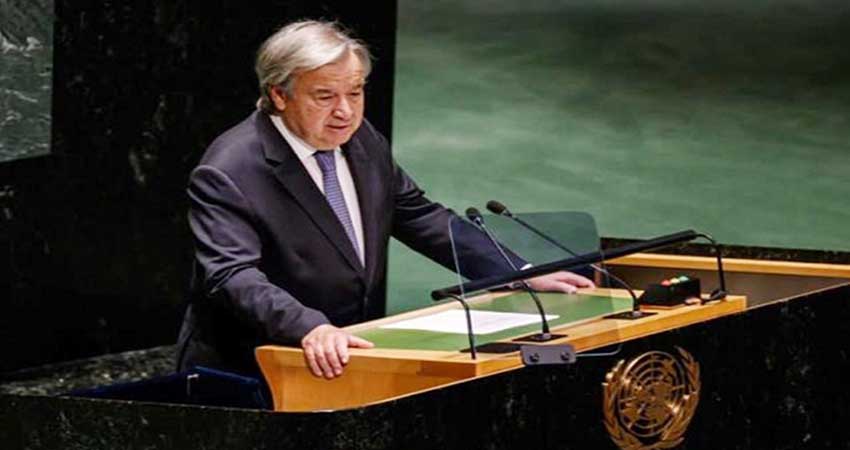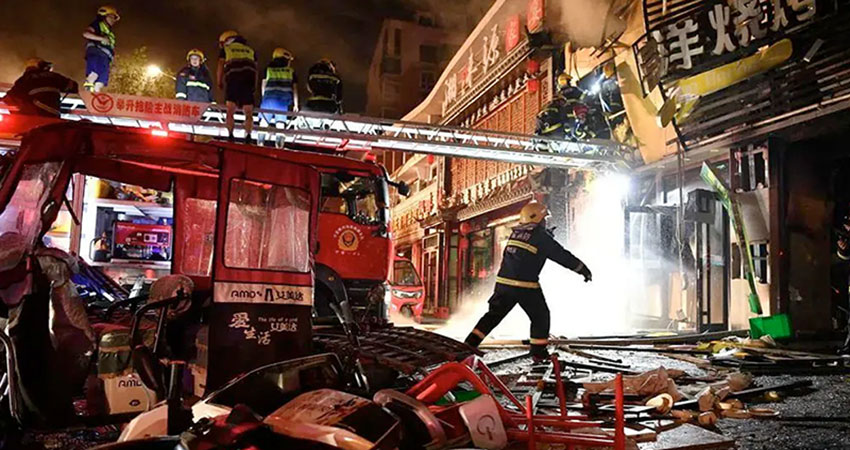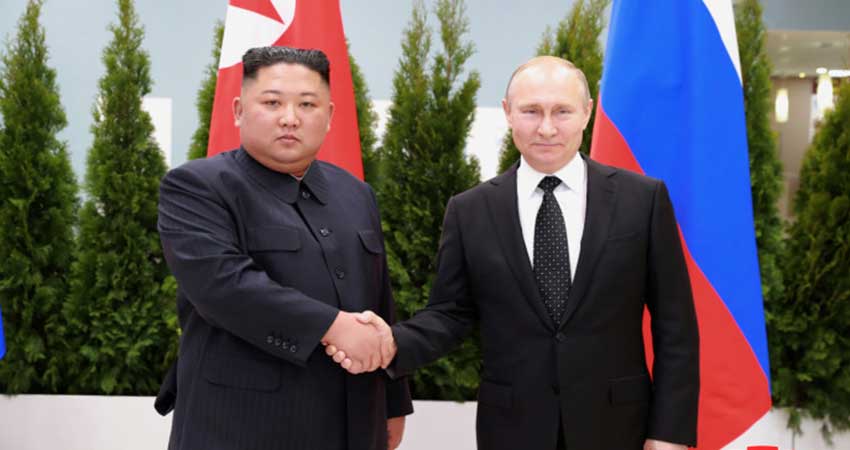Countries should do more to prevent revenues and arms from reaching a military in Myanmar that is ruling by repressing and terrorising its people, the United Nations human rights office said on Friday.
Myanmar has been in turmoil since a coup early last year, with the military fighting a pro-democracy resistance movement and arresting thousands of its opponents, while struggling to manage an economy battered by domestic and global upheaval.
The UN has accused the junta of mass killings and crimes against humanity. It says it is fighting "terrorists" determined to harm the country, reports Reuters.
In Friday's report, the office called for the military to be isolated further and said it had failed to govern the country in a meaningful and sustainable way, or resolve a "profound financial sector crisis".
It recommended UN members impose bans on arms sales and targeted sanctions to prevent the military's business network from gaining access to foreign currency.
"The international community should take all steps within its power to support the people of Myanmar and to answer calls for the military's financial isolation," it said.
"Prompt coordinated action should be considered to minimise pre-emptive evasive actions."
The United States, Britain, Canada and the European Union have imposed wide sanctions on Myanmar but trade has continued with its neighbours and several countries have kept supplying defence hardware to the junta.
While China has urged an end to hostilities, Russia has been the generals' closest diplomatic ally and has received the junta chief as its guest on three occasions since the coup.
The report said Russia had supplied fighter jets and armoured vehicles to Myanmar, China had transferred fighter and transport planes, Serbia had provided rockets and artillery shells and India a remote air defence station.
In a separate statement, independent UN experts on Myanmar Mary Lawlor and Tom Andrews appealed for support for Myanmar human rights defenders documenting military atrocities, urging an end to what they called "apparent international indifference".
UN calls for urgent halt to arms sales to Myanmar



















